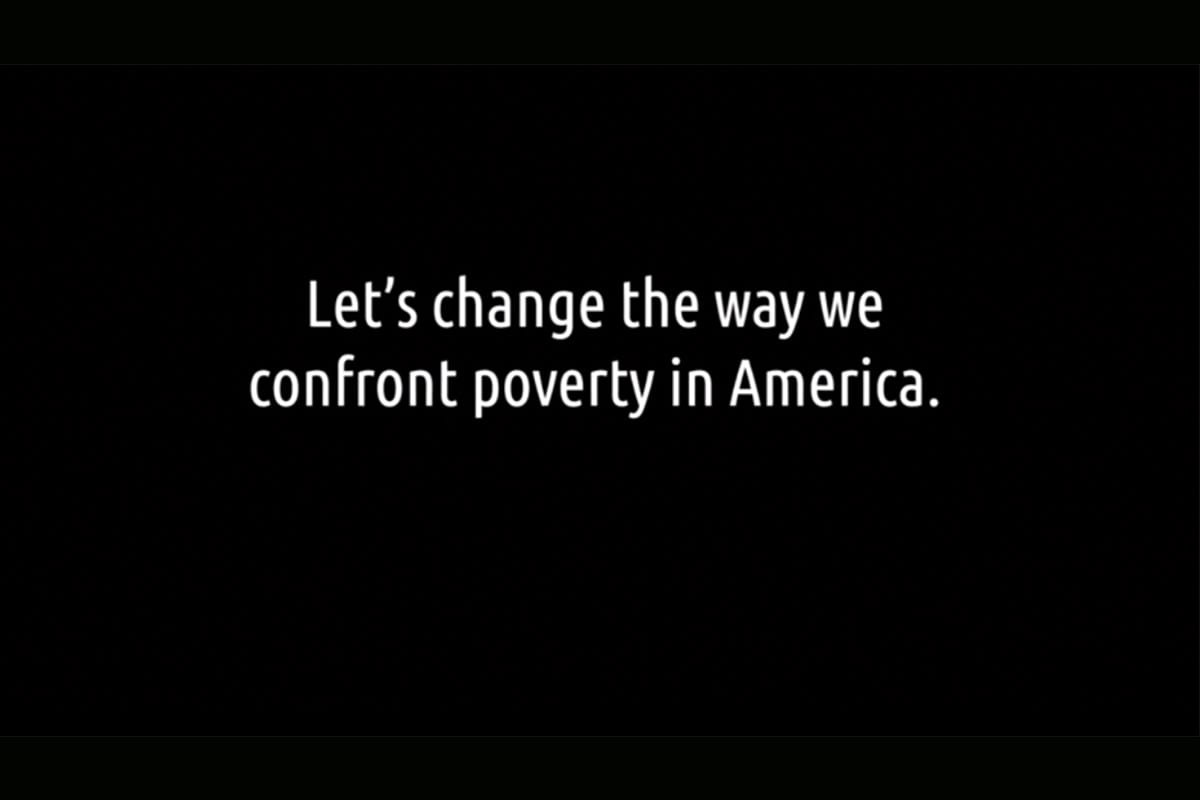Suburban Poverty: A Phenomenon That’s More Common Than You Might Think
By Lowell Dempsey, August 12, 2013

My wife and I recently moved to one of the country’s wealthiest suburban areas – Montgomery County. For us, along with many Americans, a move to the suburbs symbolized the promise of better schools and safer neighborhoods. But the offer of “a better life in the suburbs” is quickly evaporating for many people who now live here. Despite its reputation, a growing number of people who reside in this wealthy county just 20 miles outside the nation’s capital are poor and struggling. In fact, no other county in the Washington D.C. region, including the District of Columbia, has experienced increases in poverty of the same magnitude as Montgomery County.
What’s most troubling is that this is not a unique trend. In fact, a new book by researchers at the Brookings Institution challenges the long-held perceptions we all have of poverty as a problem isolated to inner cities or remote rural areas. According to “Confronting Suburban Poverty in America,” authored by Elizabeth Kneebone and Alan Berube of the Metropolitan Policy Program, the poor population in America’s suburbs is growing faster than anywhere else in the country, surging 64 percent in the past decade and growing at more than twice the rate of the urban poor population. By 2011, there were 3 million more poor people living in the suburbs of the nation’s major metropolitan areas than in their big cities.
Leigh Gallagher, author of a new book called “The End of the Suburbs: Where the American Dream Is Moving,” said on a recent segment of The Diane Rehm Show that Kneebone and Berube’s research “has been really groundbreaking,” adding that it “questioned the whole notion of the suburbs being this beautiful pastoral cultural pillar of America.”
This video shows how poverty is touching more people and places than before, and how this shift is demanding that policymakers come up with new and creative solutions because of the unique challenges it poses to suburban areas, where services are more spread out and often harder for residents to access. If you can’t afford a car or access public transit, it’s hard to connect to opportunities that can help lift you out of poverty.
A recent story on NPR’s Morning Edition took a closer look at the rapid rise of suburban poverty in Montgomery County and sheds light on what many counties across the country are facing. City-dwellers and low-income families moved to the suburbs with great expectations. They hoped, like my wife and I, to find better schools, affordable housing, and jobs. But the effects of the recession, including widespread job loss and the collapse of the housing market, hit many families hard. Although jobs are coming back to the suburbs, many pay too little for these families to make ends meet.
“Confronting Suburban Poverty in America,” couldn’t come at a better time. It’s been nearly 50 years since the War on Poverty launched, and this book is forcing policymakers, advocates, and others to rethink their approach. Today, there are 80 programs in place in 10 different agencies to combat poverty. The $82 billion now spent to fight poverty should be redirected in more effective ways, with, as Kneebone says, “a different mental map in mind.” According to the authors, too many social services and philanthropies have been slow to recognize the shift in need, and dollars are still flowing disproportionately to cities, where there’s a longer tradition of serving the poor.
Kneebone and Berube offer a solution and examples of innovative programs that need to be scaled up to really have impact. See their outline for an agenda for addressing suburban poverty, providing both short- and long-term recommendations for federal, state, and local policymakers as well as leaders in business, philanthropy, and nonprofit organizations.
For more information on suburban poverty, visit www.confrontingsuburbanpoverty.org.
The Brookings Institution Metropolitan Policy Program is a Burness Client.
